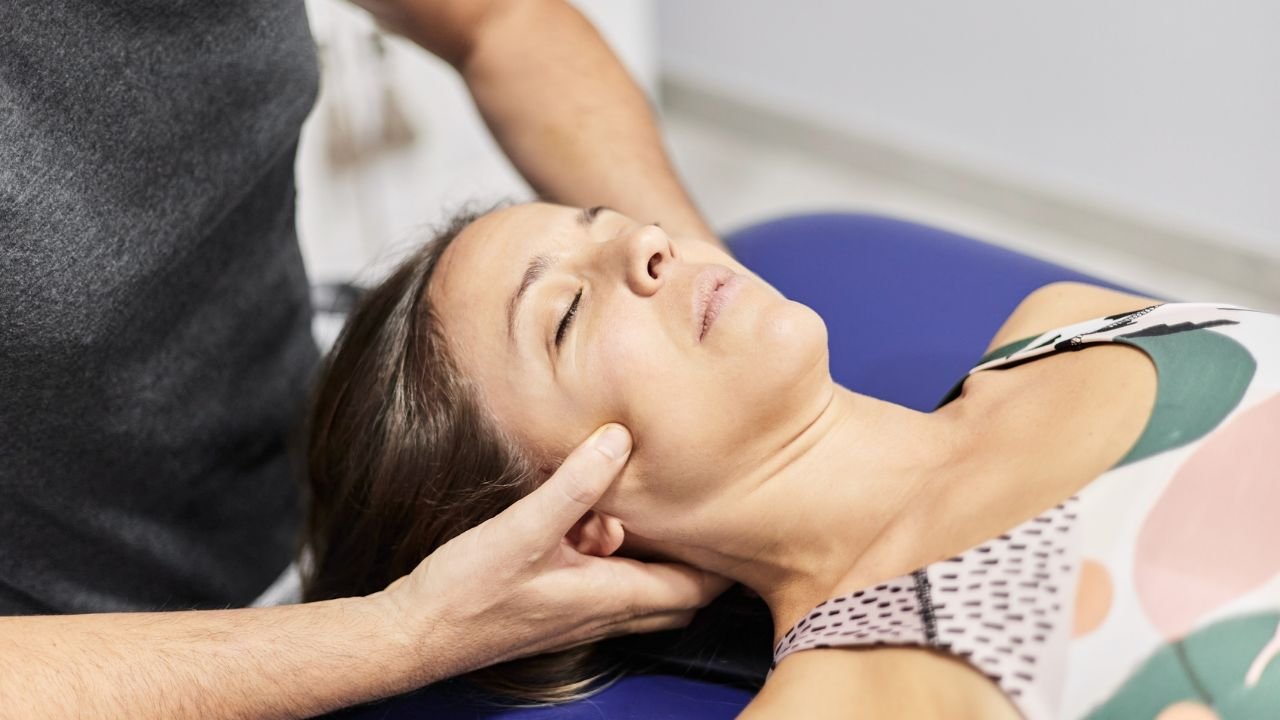When life gets heavy and the patterns you’ve fallen into start to hurt more than help, you might find yourself staring at that one big question: Do I need help? And if the answer is even a maybe, the next step gets even murkier—what kind of help? The word “rehab” can sound clinical or cold at first, like something meant for someone else, somewhere else, some other version of a person who isn’t you. But rehab isn’t a one-size-fits-all word, and it doesn’t have to feel like punishment. For women especially, who often carry the invisible weight of caregiving, emotional labor, and expectation, the decision to seek help is anything but simple. There are different kinds of rehab programs for different kinds of needs, and understanding how they work can make all the difference between giving up and getting your life back.
Detox Isn’t the Whole Journey, But It’s Where Many Start
For a lot of women, detox is the first step—but not the last. Think of it like cleaning the slate. Your body needs time to flush out whatever it’s been leaning on, whether that’s alcohol, pills, or something else. But while detox handles the physical withdrawal part, it doesn’t do much for the emotions that got you tangled up in the first place. That’s where many people hit a wall. They get through a few days of physical symptoms and think, Okay, I’m good now. But if the mental and emotional side of things stays untouched, it usually doesn’t stay “good” for long.
Some detox programs are part of larger rehab centers, which can make it easier to move right into the next phase of care without losing momentum. Others are short-term clinics where you’ll need to figure out your next step on your own. If you’re dealing with years of use or have tried to quit more than once, detox alone probably isn’t enough. It’s a door, not the whole house.
Inpatient Rehab Can Feel Like Hitting Pause—And Sometimes That’s Exactly What You Need
Inpatient rehab is what a lot of people picture when they hear the word “rehab”—a full-time, live-in program where you step away from your usual surroundings and routines. For women juggling families, jobs, or caregiving roles, it might sound impossible. But for many, it’s exactly the break they need to finally focus on themselves. There’s something powerful about pressing pause on everything and being in a space where your only job is to get better.
These programs usually last between 30 to 90 days, depending on your needs and the setup. You eat, sleep, talk, and reflect in a controlled, supportive environment with people who understand what you’re going through. There are structured therapy sessions, often both individual and group-based, as well as time set aside for learning new coping tools and life skills. For women whose home life feels like a trigger or whose relationships are part of the problem, inpatient care can be a kind of reset button. Especially for those struggling with deeper-rooted issues like trauma, anxiety, or long-term alcohol rehab, having that full-time support makes it a lot more possible to dig into the real work without distraction.
Outpatient Rehab Lets You Stay Home—But That Doesn’t Mean It’s Easier
Outpatient rehab is another option, and it’s often the right fit for women who can’t step away from their everyday lives completely but still need structured help. In these programs, you live at home but attend scheduled therapy sessions, sometimes daily and sometimes a few times a week. It can work well if your home environment is stable and you’re motivated to show up and engage fully.
But here’s the thing: outpatient programs require a lot of self-discipline. You have to drive yourself to appointments, carve out time in your life, and resist whatever patterns or people might pull you back into old habits. Still, for women with strong support systems or those in early stages of dependence, outpatient rehab can be just the right blend of structure and freedom.
Some women also use outpatient care as a follow-up after inpatient treatment. It can be a softer landing, a way to keep the momentum going without feeling like you’re jumping straight back into the deep end of life without a float.
Where You Heal Matters: Finding a Program That Gets You
One of the most overlooked parts of recovery is location. It might sound small, but the setting around you can completely shift your ability to open up and grow. Some women find healing in the quiet of nature. Others feel stronger surrounded by people and city life. Whether you’re drawn to the calm of a mountainside or the energy of a city, the key is to pick a place that supports you.
And when it comes to choosing a rehab center, not all are created equal. If you’re looking for something that’s flexible, nonjudgmental, and understands the specific challenges women face—whether it’s childhood trauma, societal pressure, or the stress of always being expected to hold it all together—you’re going to want a place that actually sees you. That’s where a drug rehab in Fresno, Nashville or anywhere in between can come in. The best centers don’t just treat the symptoms—they help you understand the story underneath them, without making you feel like a project or a problem. You want care that listens to you, not lectures you.
Aftercare Isn’t Optional—It’s Your Lifeline Back Into the World
Getting out of rehab isn’t the finish line. In fact, for many women, it’s where the real work begins. Aftercare is the part that helps you keep what you’ve learned close, especially when old patterns start to whisper again. It might mean weekly therapy, a support group, sober housing, or check-ins with a counselor. Think of it as your safety net while you’re rebuilding life on your own terms.
Some women return home to families who understand. Others don’t. Some go back to jobs, others look for new starts. Whatever your situation, aftercare gives you a bridge between rehab and the real world—a place to fall back into if things start to unravel. And no matter how strong you feel when you leave treatment, having support after you walk out the door makes a huge difference in staying grounded.
You Deserve More Than Survival
If you’re still on the fence, wondering if rehab is too extreme or not meant for someone like you, pause and listen to that small voice inside that knows something needs to change. Recovery isn’t about shame or failure. It’s about choosing something better for yourself, even if it’s scary at first. You don’t have to have all the answers before you start. You just need to be willing to stop pretending everything’s fine when it isn’t.
Healing is possible. And it’s for you, too.



